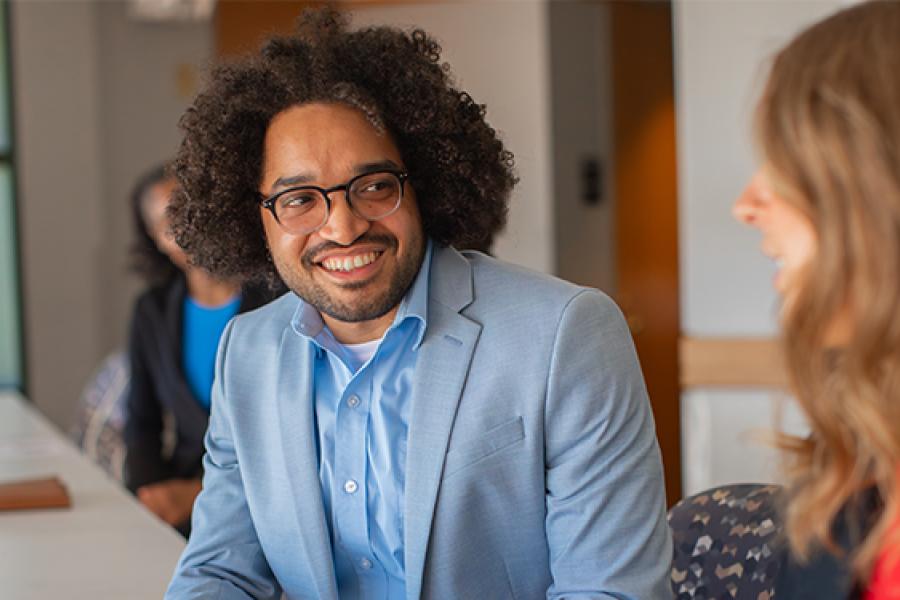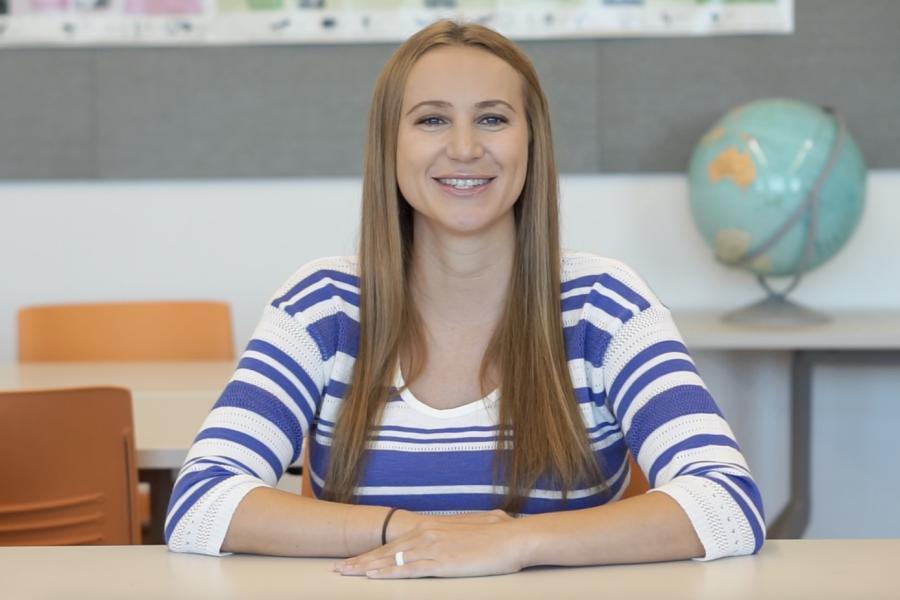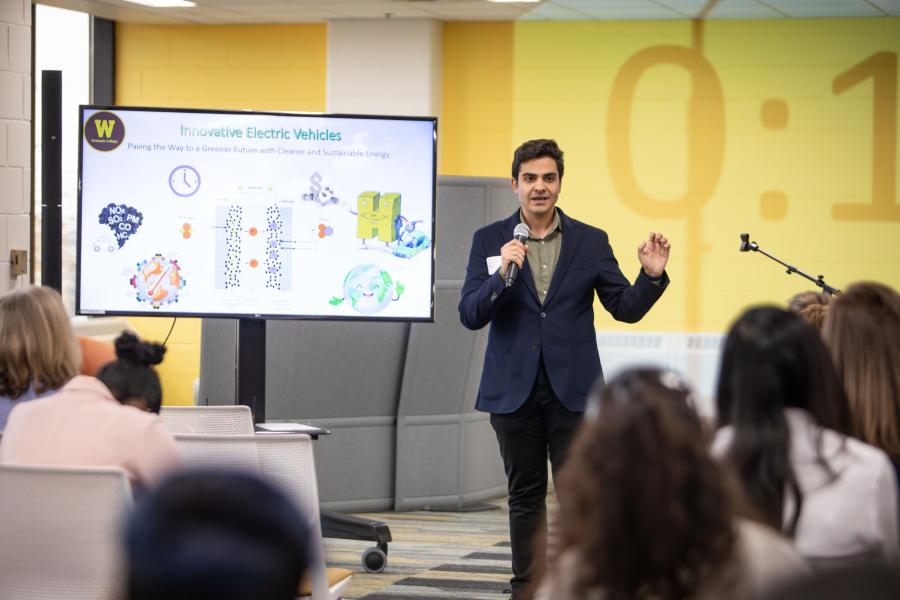Overview
Western Michigan University's Ed.D. in Special Education develops transformational leaders who drive systemic change through cutting-edge research, influential policy work, and excellence in higher education. This intensive, competency-based doctoral program cultivates advanced skills in critical analysis, sophisticated research methodology, and innovative solutions to multifaceted challenges confronting special education today.
Students collaborate intensively with distinguished faculty mentors to craft personalized scholarly pathways, launching into substantive research from their first semester while gaining hands-on experience through dynamic teaching and meaningful service opportunities. Our graduates emerge as visionary leaders, accomplished educators, and pioneering researchers who are actively reshaping the landscape of special education for learners, families, and communities.
Discover more













